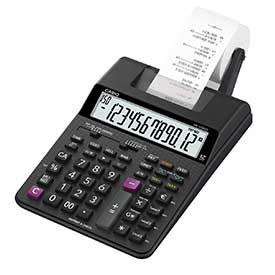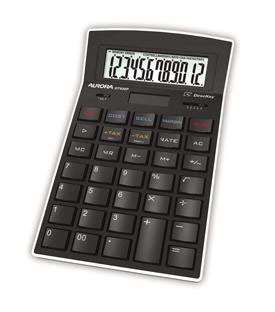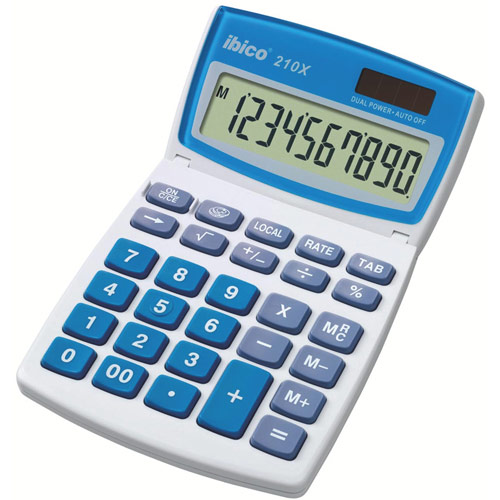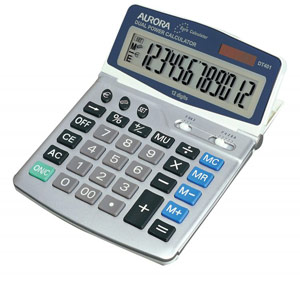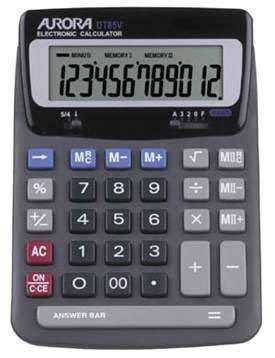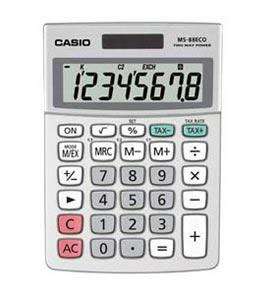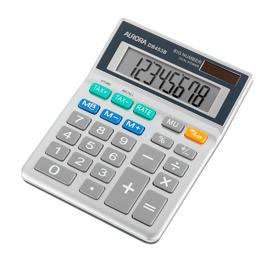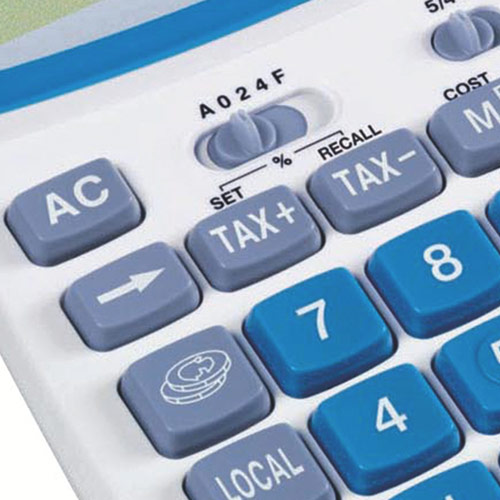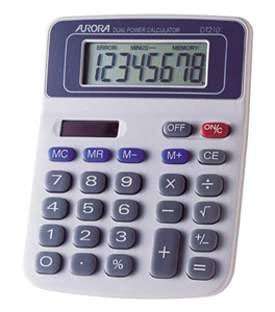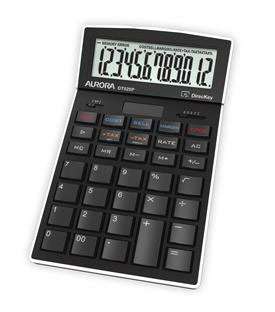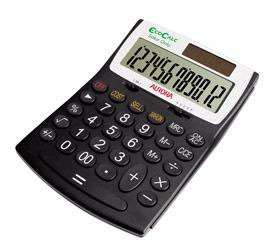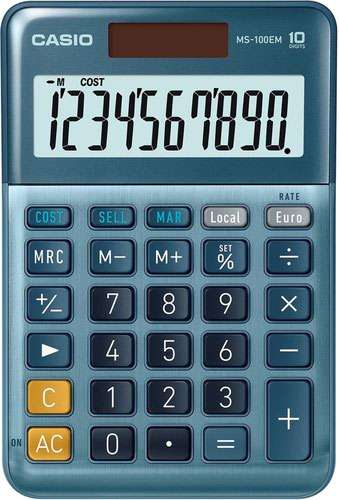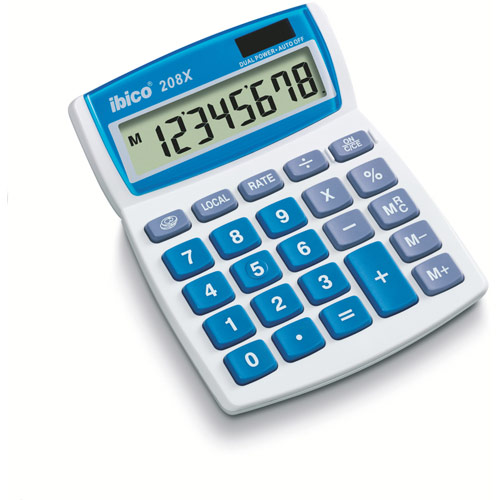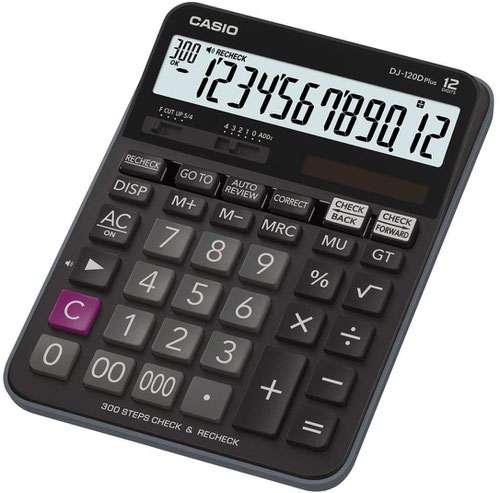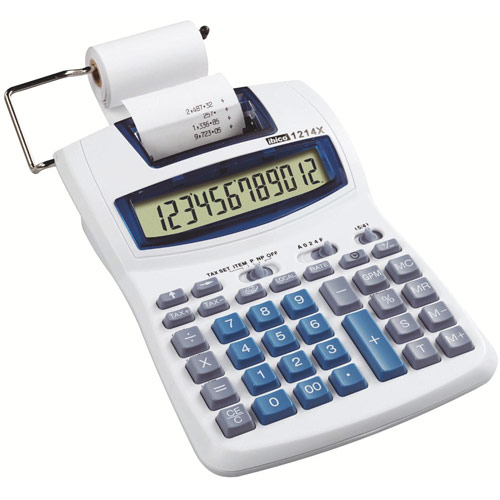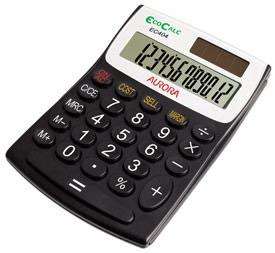Choosing the best calculator depends on the intended use of the calculator. Here are some factors to consider when choosing a calculator: Basic or Scientific: Decide whether you need a basic calculator or a scientific calculator. Basic calculators are suitable for simple arithmetic calculations, while scientific calculators have additional functions and are suitable for advanced calculations. Display: Choose a calculator with a clear and easy-to-read display. Consider the size of the display, the number of digits, and whether it is backlit or not. Power source: Choose a calculator with a power source that meets your needs. Calculators can be powered by batteries, solar power, or a combination of both. Functionality: Consider the functionality of the calculator. Basic calculators have limited functions such as addition, subtraction, multiplication, and division, while scientific calculators have more advanced functions such as trigonometry, logarithms, and statistical functions. User interface: Choose a calculator with a user interface that is easy to use and intuitive. Consider the size and location of the buttons, the ease of navigating between functions, and whether the calculator has a clear user manual. Size and portability: Consider the size and portability of the calculator. If you will be carrying the calculator around, choose a compact and lightweight calculator that is easy to transport. Brand reputation: Choose a calculator from a reputable brand with a good track record of producing high-quality calculators that are reliable and durable.
By considering these factors, you can choose a calculator that is best suited to your needs and will provide accurate and efficient calculations.





























